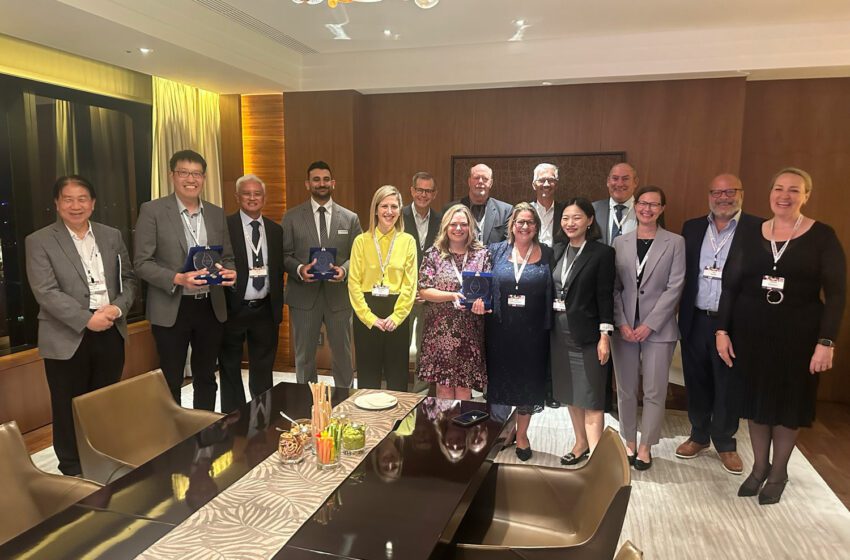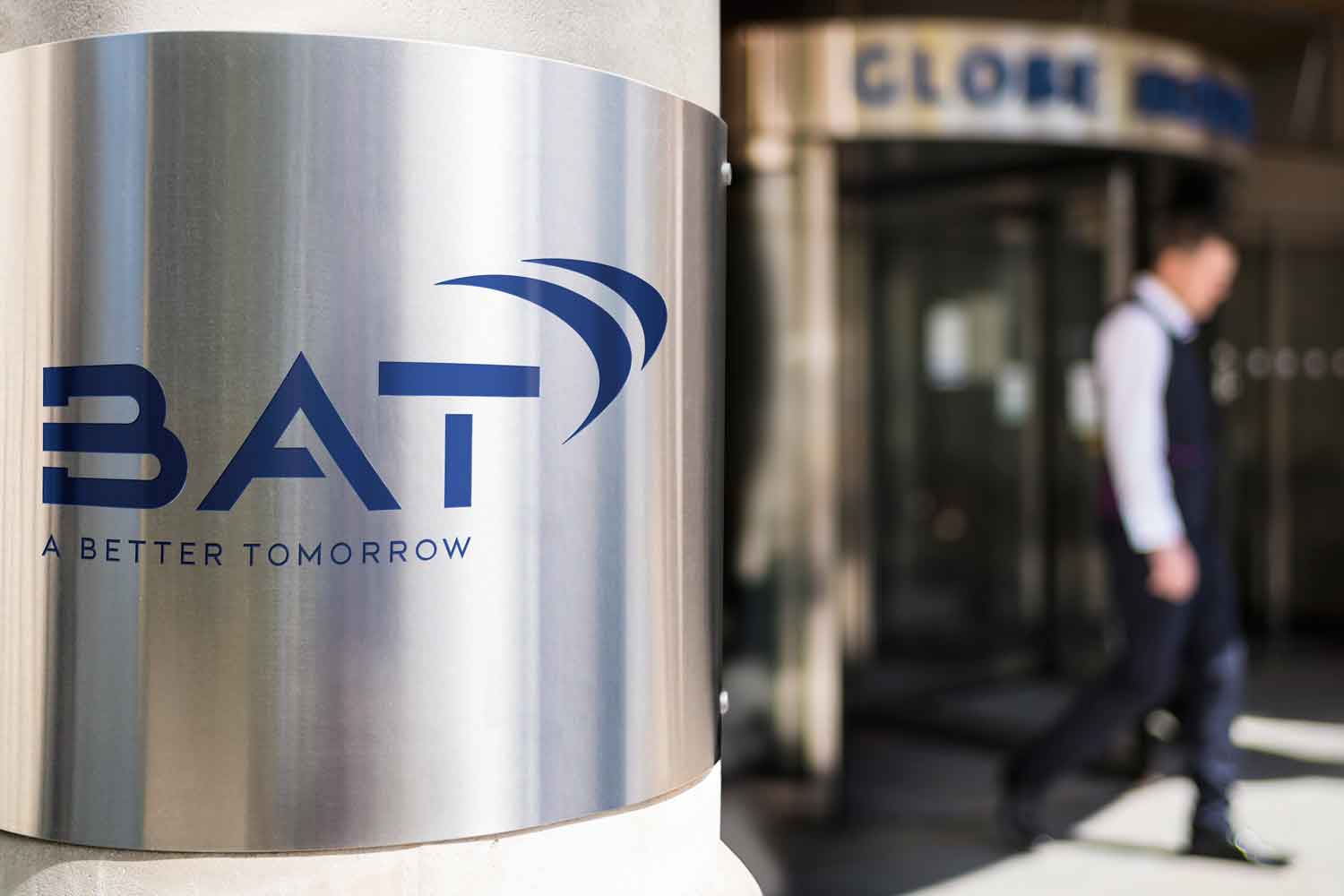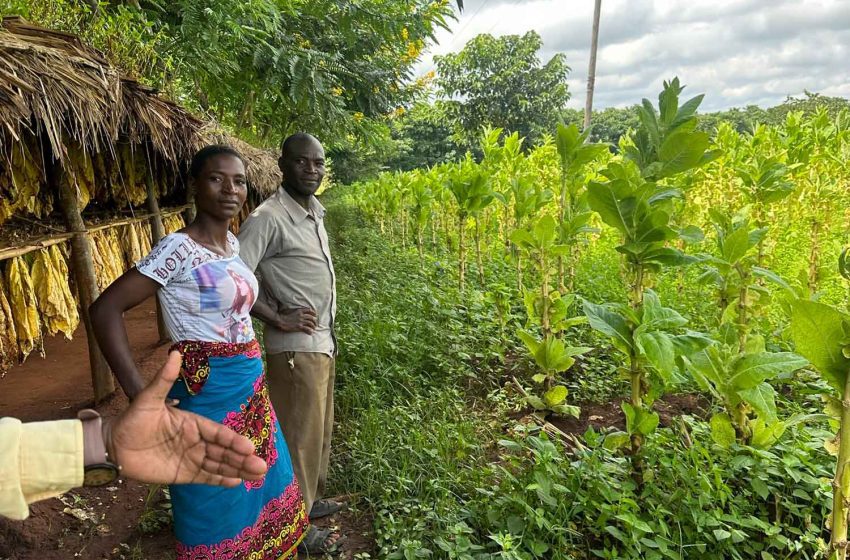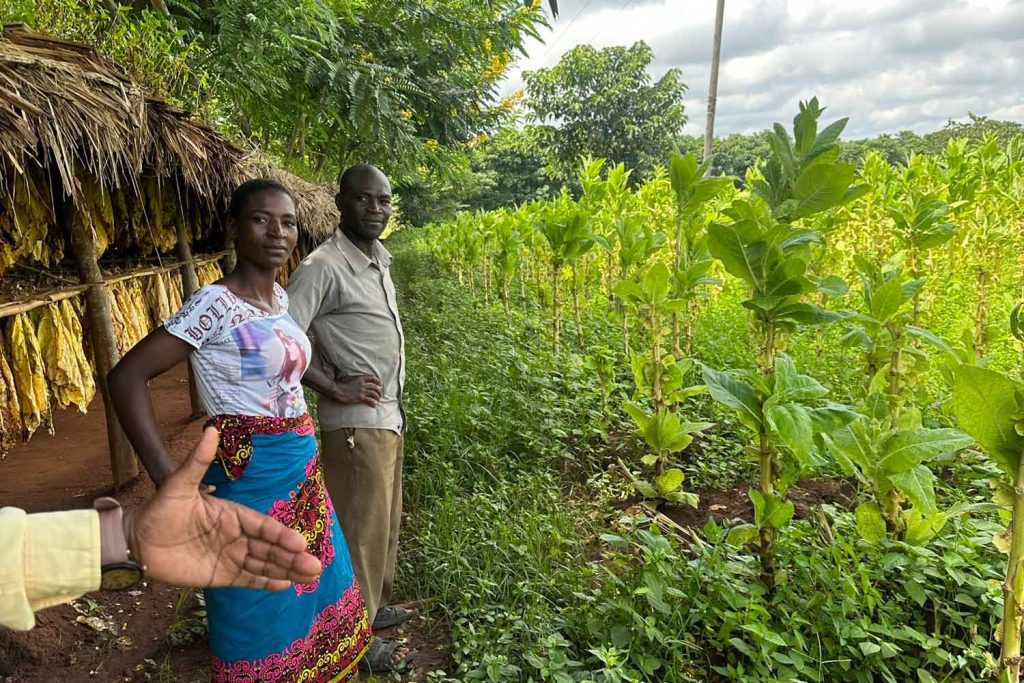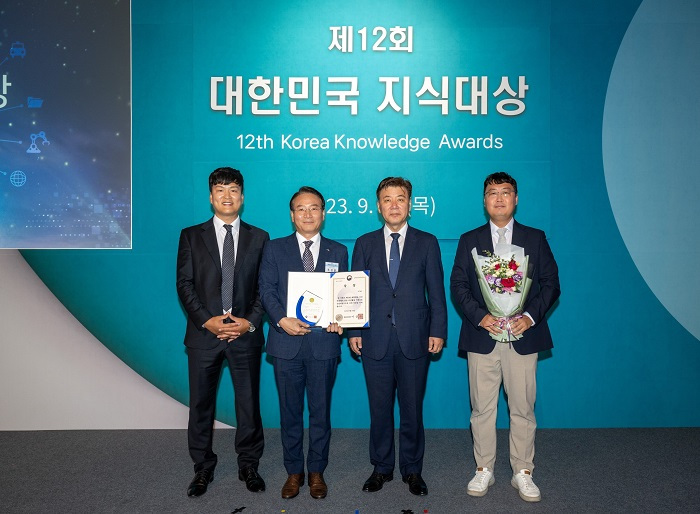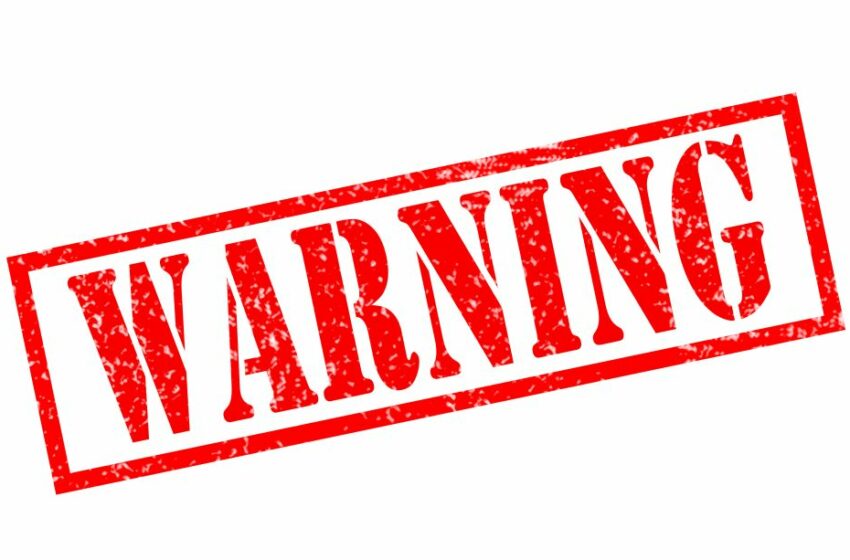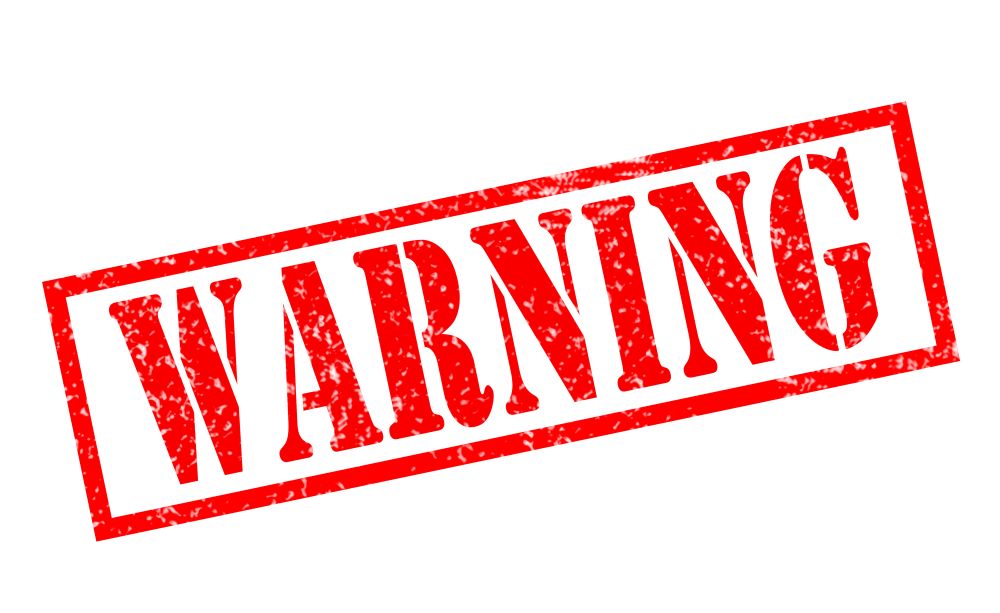Representatives of the nicotine industry called on regulators to develop policies that respect adult consumers, strengthen the protection of minors in a targeted manner and take into account the concerns of the companies and employees of a diverse industry.
Speaking during the opening day of the InterTabac trade exhibition in Dortmund, industry leaders cited mounting regulations in Germany, where manufacturers, retailers and consumers have had to adjust to multitude new restrictions in short succession.
Meanwhile, the EU Commission is preparing amendments to the EU Tobacco Tax Directive and the EU Tobacco Products Directive, which threaten to tighten the rules even further. In Berlin, politicians are calling for additional advertising bans and a ban on flavors in e-cigarettes.
Managing Director Michael von Foerster of the German Smoking Tobacco Association urged lawmakers to return to the model of the responsible consumer.
“An informed adult who rolls a cigarette, enjoys a cigar, smokes a pipe or consumes snuff has the right to do so without government paternalism through new harassment and restraints,” he said. “Instead of continuing to turn the regulatory screw, greater trust in informed consumer decisions is urgently needed—not only in the tobacco sector.”
The calls for new advertising restrictions in Germany are driven in part by a recent DEBRA study that revealed an increase in smoking. However, according to Jan Muecke, managing director of the German Association of the Tobacco Industry (BVTE), the results of this study are contradicted by the significant decline (8 percent) in cigarette sales in 2022. Cigarette sales in Germany fell to 65.8 billion units in 2022, according to the BVTE—a historical low.
“Far reaching political decisions cannot be discussed on the basis of a survey which, given the small sample size, has no validity and does not stand up to scrutiny,” said Muecke. “We support a targeted strengthening of the protection of minors, for example through more intensive control of the ban on the sale of these products to minors. Arbitrary bans, on the other hand, would not add any value to the protection of minors and would ultimately be counterproductive. Banning flavors in e-cigarettes does not keep young people away from nicotine, but only prevents adult smokers from switching to these low-emission alternative products.”
Bodo Mehrlein, managing director of the Federal Association of the Cigarette Industry, demanded an end to what he described as the strangulation of the tobacco business in Germany, pointing to the sector’s economic contributions at a time of hardship. The tobacco industry, which directly and indirectly employs some 350,000 people in Germany, is already drowning in regulations and requirements, he said. For example, it is currently facing the challenge of installing a costly traceability system to monitor the supply chain.
Torsten Loeffler, president of the Federal Association of Tobacco Retailers, said the mounting regulatory burdens threaten the viability of many retailers, who are already struggling with skyrocketing cost and low profits.
“Those who demand a ban on tobacco advertising in shops want a ban on communication for legal products, prevent competition as well as diversity, and thus endanger the existence of businesses and the jobs of employees,” he said.

